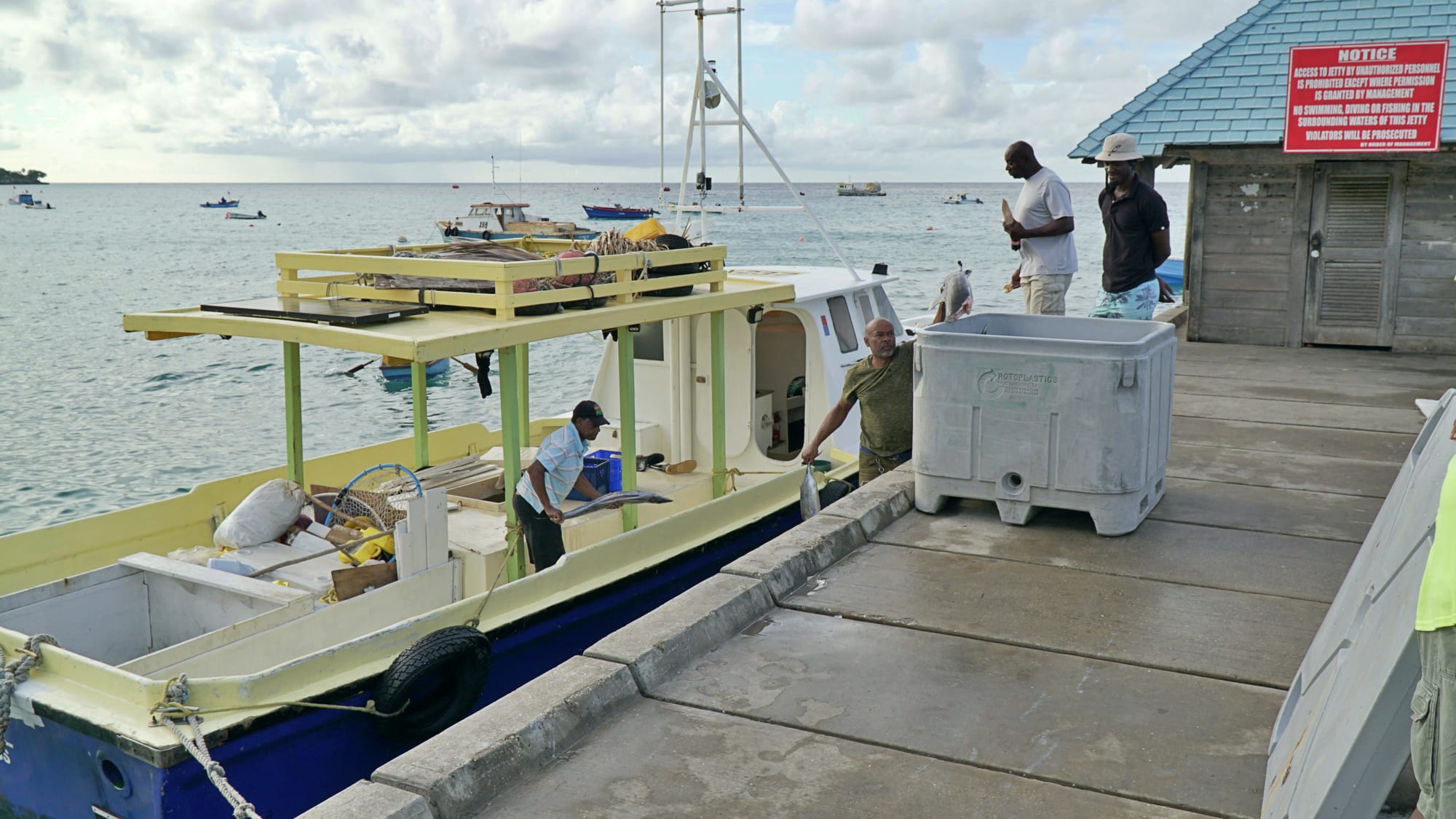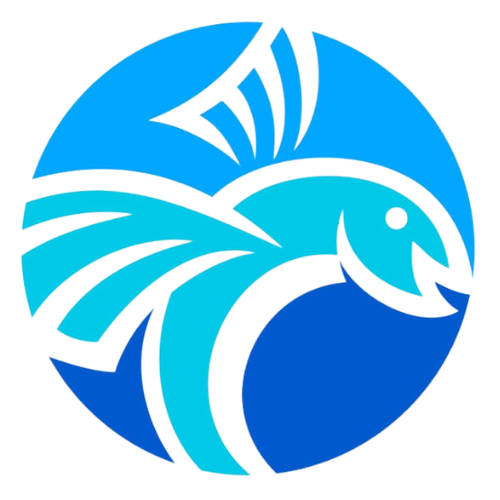The Role of Fisheries in One Health
On the 10th iteration of World One Health Day, its goal to raise awareness and promote crossdisciplinary collaboration in human, animal and plant health coupled with environmental ecosystems is evergreen. As the world continues to grapple with the threats of emerging infectious diseases, antimicrobial resistance, invasive species on national food production efforts and climate change supercharged natural disasters, an integrated and multidisciplinary approach is necessary to tackle these issues across the full spectrum of disease control.
The Quadripartite One Health Alliance – the World Health Organization (WHO), Food and Agriculture Organization of the United Nations (FAO), World Organisation for Animal Health (WOAH), and United Nations Environment Programme (UNEP) – plays a central role in advancing One Health initiatives globally and regionally. Within this framework, fisheries and aquaculture are increasingly recognized as critical sectors where the health of aquatic animals, ecosystems, and human communities converge.
With the enactment of the Sustainable Fisheries Management and Development Act, 2025, and the Sustainable Fisheries Management and Development (Seafood Markets and Businesses) Act, 2025, the Barbados Fisheries Division (BFD) has assumed a larger role in progressing the One Health Initiative. The BFD plays a pivotal role in managing both capture fisheries and aquaculture, with the new legislation providing a robust framework that supports sustainable practices, ecosystem protection, and the development of aquaculture systems that prioritize animal welfare and public health. The Acts mandate the creation of a Fisheries Management and Development Plan, reviewed every five years, and establishes a Fisheries Advisory Council to guide policy on marine conservation, aquaculture, and emerging technologies. [fisheries.gov.bb] [barbadostoday.bb]

Capture fisheries, which rely on wild fish populations, are deeply linked to ecosystem health and sustainability. Overfishing, habitat degradation, and pollution threaten marine biodiversity and the long-term viability of fish stocks. Sustainable capture fisheries, as promoted by the Sustainable Fisheries Management and Development Act, 2025, incorporate ecosystem-based management approaches that consider species interactions, habitat integrity, and climate change impacts. By enforcing science-based quotas, banning destructive fishing methods, and protecting endangered species, Barbados is working to ensure that its marine resources remain resilient and productive for future generations. [fisheriesjournal.com], [pew.org]
On the other hand, aquaculture—the farming of aquatic organisms, offers opportunities to meet growing seafood demand while reducing pressure on wild stocks. However, it also presents challenges related to animal health and welfare. The One Health approach emphasizes the importance of maintaining the biological health of farmed species while enhancing their overall quality of life. This includes implementing biosecurity protocols, reducing antibiotic use through vaccination and probiotics, and ensuring optimal water quality. Welfare-centric practices not only improve fish health but also contribute to food safety, environmental sustainability, and public trust in aquaculture products. The Sustainable Fisheries Management and Development (Seafood Markets and Businesses) Act, 2025, adopts international food safety standards for all stakeholders in public seafood markets and seafood businesses to be governed by to decrease food safety risks for national consumption and export markets. [mdpi.com], [globalseafood.org]
By integrating the One Health philosophy into its fisheries governance, Barbados is positioning itself as a regional leader in sustainable blue economy development. The Fisheries Division’s commitment to ecosystem stewardship, animal welfare, and collaborative management reflects the broader goals of One Health—protecting the health of people, animals, and the environment through unified action.

